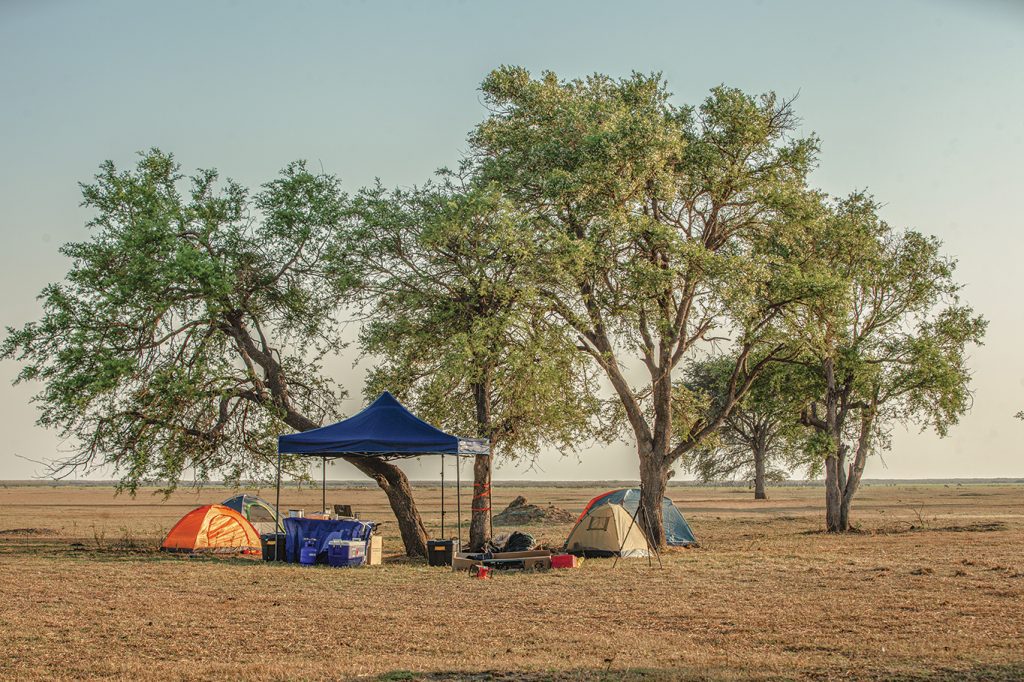The way we travel has changed significantly and drastically in the past eight months due to the pandemic we find ourselves grappling with. This has then forced the South African government to put new travel regulations in place. A lot has changed and all travellers need to familiarise themselves with ‘the new travel normal’ to ensure their safety and that of others. Of utmost importance is to note that, all travelers intending to visit the country will be expected to adhere to the following travel rules.*
- All travelers will be expected to produce a PCR-based COVID-19 test that is not older than 72 hours. This test must be conducted by a certified medical practitioner and should have the name and signature of the practitioner who conducted it.
- Upon arrival in the port of entry, the traveller will be screened for any COVID-19 symptoms or for contact with people who have been infected with COVID-19.
- Travellers will also need to provide proof of address should they need to self-quarantine at the time of arrival in the country.
- If the traveller displays any COVID-19 symptoms or has been in contact with an infected person(s), they will be expected to take a mandatory COVID-19 test. This test will be at the traveller’s cost. If the COVID-19 test comes back positive, the traveller will be subjected to a 10 day quarantine at a designated site. The accommodation at a quarantine site will be at the traveller’s cost.
- Any person from a country listed as having a high COVID-19 infection and transmission rate, who wish to travel into South Africa for business, may with effect from 1st October 2020, in writing, apply to the Minister of Home Affairs and demonstrate reasons for their request to enter the Republic for business purposes during the period.
Such applications must be directed by email to [email protected] and must be supported by: (a) a copy of passport and/or temporary residence visa; (b) proof of business activities to be undertaken in the Republic; (c) proof of travel itinerary; and (d) proof of address or accommodation in the Republic. Please note that only leisure travelers from high risk countries are not allowed.
Upon arrival in Johannesburg, before you make a decision to use public transport around the city, always be mindful of the fact that according to the level 1 regulations; all vehicles may carry 100 percent of the licensed capacity for any trip not regarded as long distance travel (within 200 km). This then means that moving around Johannesburg safely becomes mainly your responsibility as a commuter. Where possible, choose transportation that does not carry a lot of passengers. In this case, I recommend that ride-hailing services and cycling should become your preferred mode of transport in Johannesburg.
Over the years, moving around Johannesburg has been simplified and safety has been made a priority. However, the reality of this virus is that you have no way of knowing who has it and who doesn’t, so always be vigilant and practise social distancing at all times, as difficult as it may be sometimes. Learn how to use them safely while navigating living during the COVID-19 pandemic. Take a look at these suggestions to go around Johannesburg:
Biking
In a highly congested city like Johannesburg, a lot of people have opted to use bicycles and motorbikes to move around. These will cut your travelling time significantly, as you can easily manoeuver your way out of the traffic. During these trying times, this mode of transport has proven to be one of the safest ways to move around. If you book one for a day – this means you will be the only one using it for that day, therefore you will not need to worry about ensuring that it has been thoroughly sanitised in between users throughout the day. This then puts you at a lower risk of contracting the virus.
Ride-hailing apps
Technology has introduced us to ride-hailing services through apps like Uber, Bolt and Hailer, which have since taken over many corners of Johannesburg. They are deemed to be safe, though there has been some reported cases of criminality. Therefore, when requesting rides always be vigilant and ensure that the details of the vehicle and driver on site correspond with the ones on the app. If for some reason that is not the case, please cancel and request a new trip, just to be on the safe side. In addition to that one needs to ensure that the vehicle has a sanitiser that you can use before entry. Also, ensure that there is a shield between you and the driver, if not, make sure that you do not sit directly behind them.
Bus lines
For the longest time buses have been the transport of choice for many because of their reliability and accessibility. Bus stops can be found in almost all suburbs and locations at cheaper rates. Face masks are mandatory on all buses. You can also play your part in ensuring that all those involved adhere to the rules while you are onboard such transport.
Minibuses, better known as taxis
This is the quickest option compared to the buses and it’s found in all parts of Johannesburg. In some areas they are found in designated places, while they can also be found randomly on the streets. The trick is knowing the sign used to signal your destination. During the COVID-19 pandemic all passengers including the driver are to wear masks at all times. It is the responsibility of every driver and owner to ensure passengers sanitise before boarding. If these are not adhered to, as a passenger you have a right to refuse to be transported in that vehicle.
Trains
The new breed of trains have changed the way people get around. They are super fast and efficient. They cut your time by hours in some routes. Unfortunately they are only found in selected areas for now and are a bit pricey. Again when entering the stations all commuters are advised to adhere to the COVID-19 safety regulations. Apart from sanitising at the designated stations, all commuters need to also sanitise before entering the trains. Inside the trains, people should always observe social distancing by ensuring that there is an empty chair between them and the next person.
*Please note that information was accurate at time of writing and rules and regulations can change at any time.








